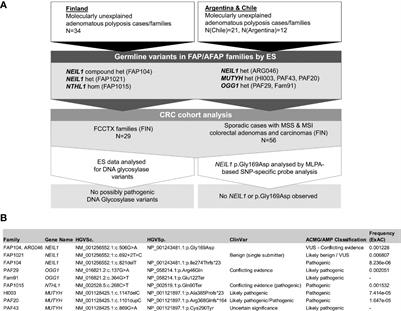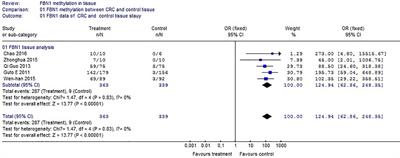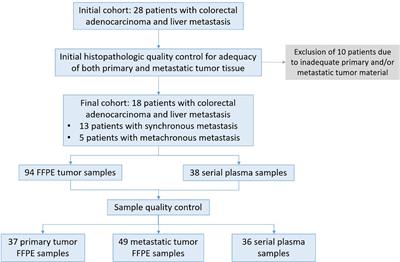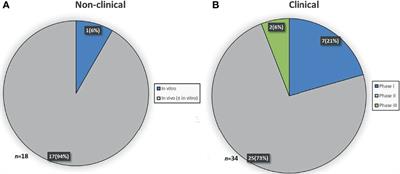EDITORIAL
Published on 19 Dec 2022
Editorial: Advances in genetics and molecular diagnosis in colorectal, stomach, and pancreatic cancer
doi 10.3389/fonc.2022.1104671
- 722 views
- 1 citation
9,712
Total downloads
29k
Total views and downloads
EDITORIAL
Published on 19 Dec 2022
ORIGINAL RESEARCH
Published on 28 Oct 2022

ORIGINAL RESEARCH
Published on 20 Apr 2022

ORIGINAL RESEARCH
Published on 23 Mar 2022

ORIGINAL RESEARCH
Published on 24 Feb 2022

ORIGINAL RESEARCH
Published on 20 Dec 2021

ORIGINAL RESEARCH
Published on 15 Dec 2021

ORIGINAL RESEARCH
Published on 09 Dec 2021

ORIGINAL RESEARCH
Published on 03 Dec 2021

SYSTEMATIC REVIEW
Published on 18 Nov 2021

ORIGINAL RESEARCH
Published on 05 Nov 2021
